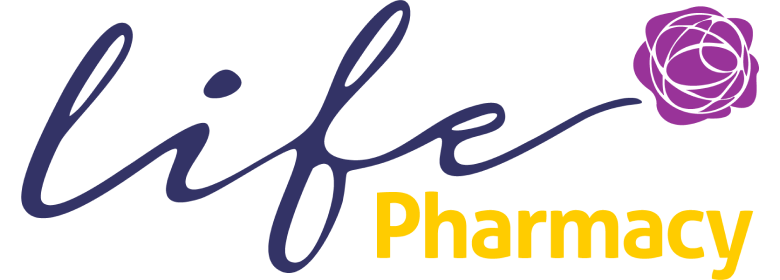Iron is a mineral essential for good health & wellbeing. Could you be short of iron?
The symptoms of iron deficiency are commonly associated with a ‘busy lifestyle’ or ‘a bug’. If you can tick any of the boxes below, you may be short of iron and it might be a good idea to have a chat with your doctor about your iron levels.
- Feel tired or lethargic
- Often irritable or grumpy
- Suffer frequent infections
- Feel the cold
- Tire easily
- Can’t concentrate
We need iron to:
- Carry oxygen around the body - every cell in the body needs o There is iron in the haemoglobin of red blood cells and it carries oxygen from your lungs to the rest of the body.
- To maintain a healthy immune system - the cells that fight infection depend on adequate stores of This means if your iron stores are low, your body is more prone to infections.
- For energy - iron is essential for the body’s chemical reactions that produce energy from Therefore, if your iron levels are low, your body may not be able to use all the energy available.
Who needs the most iron?
There are certain times when iron is particularly important. People who have higher iron needs include:
- Infants, children and teenagers because they are growing rapidly.
- Pregnant women for increased blood levels and to build baby’s iron stor
- Girls and women who have periods, due to regular monthly blood
- Athletes and very active
- People on restricted
How much is enough and how can I get it?
Men and women need about 0.5–1mg of iron each day to replace losses from skin and other tissues. Women need another 0.5–2mg of iron each day to replace iron lost in menstrual periods. Pregnant women and teenagers who are growing rapidly also need an additional 1.5–2.5mg of iron.
Iron is found in a number of foods but not all iron is the same. The two forms of iron are haem and non-haem. The body absorbs haem iron more easily, with about a quarter being used, while only about 5% of non-haem iron is absorbed.
- Haem iron foods: Beef, lamb, liver, kidney, pork, poultry, seafood.
- Non-haem iron foods: Bread, breakfast cereals, beans and lentils, eggs, nuts, fruit and vegetables.
Some foods can help increase the amount of iron your body absorbs. These include Vitamin C-rich foods such as oranges, tomatoes, kiwifruit and broccoli. You can also increase the amount of iron absorbed from vegetables by eating meats. Having white meats and fish in a single meal can also help with improving iron levels.
Too much iron can be dangerous
Iron is essential, but too much of it is harmful. The body must handle iron very carefully and keep it “locked up” in special molecules called chelates to prevent it escaping and injuring cells.
No one should take iron tablets unless blood tests for iron stores show that iron deficiency is present. Your Doctor can help you determine if you are low in iron.
Many vitamin supplements contain small amounts of iron which is ok, especially for people that have higher iron needs. Your Pharmacist can help check the iron levels in different supplements you may be taking to make sure you aren’t getting more than the recommended daily intake. They can also help you find the right iron supplement if you aren’t getting enough from your diet.






